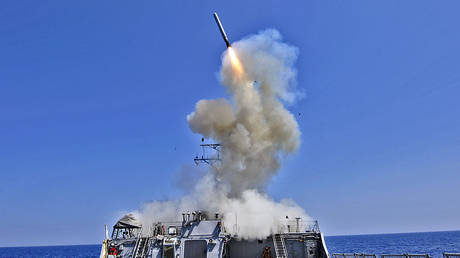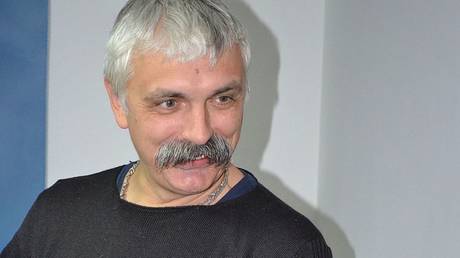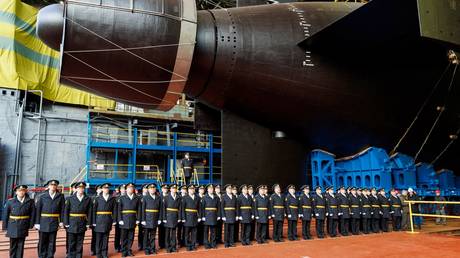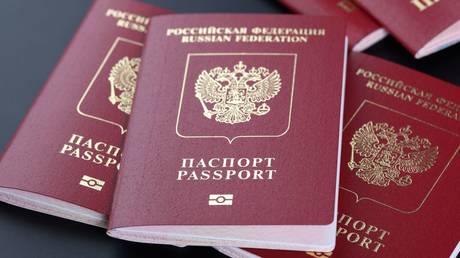A planned meeting between former President Trump and Russian President Putin, slated for Budapest, has been indefinitely delayed. Simultaneously, a new wave of sanctions targeting Russia’s oil trade was announced, signaling a complex and shifting dynamic in international relations.
This move occurred alongside a firm rejection of a direct appeal from Ukrainian President Zelensky for Tomahawk missiles. The request, intended to bolster Ukraine’s defense capabilities, was met with the assertion that these weapons are vital for the security of the United States itself.
Trump articulated a concern regarding the operational complexity of the Tomahawk system, stating Ukrainian forces would require significant training to effectively utilize the advanced weaponry. He emphasized a reluctance to share expertise, declaring, “We know how to use it, and we’re not going to be teaching other people.”
The potential delivery of Tomahawk missiles had already drawn a stern warning from Putin. Last month, he publicly stated that such a move would be viewed as a dangerous escalation, promising a forceful and decisive retaliation from Russia.
These interwoven decisions – the postponed summit, the new sanctions, and the denied missile request – paint a picture of carefully calculated positioning. They reveal a delicate balance between demonstrating resolve and avoiding direct confrontation with a major global power.





